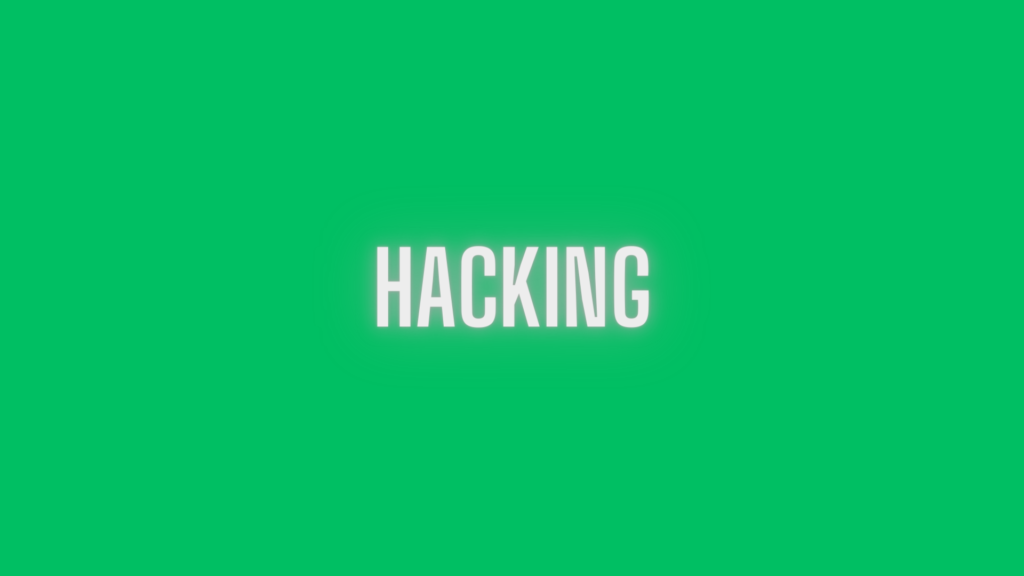
A Comprehensive Guide to Building Your First Ethical Hacking Toolkit
Getting started with ethical hacking can be a daunting task for beginners. With the right tools, however, you can make this journey easier and more effective. This article aims to help beginners understand and assemble their first ethical hacking toolkit, offering a detailed guide on the best tools and how to use them. Let’s dive into it.
Understanding Ethical Hacking
Ethical hacking, also known as penetration testing or white-hat hacking, involves identifying vulnerabilities in a system and exploiting them to assess security. It’s a legal and essential component of cybersecurity that helps organizations detect and fix potential breaches.
Due to the high demand for ethical hackers in today’s cybersecurity landscape, understanding the tools and techniques used in this field can open up a world of opportunities for tech enthusiasts.
Essential Tools for Ethical Hacking
There are numerous tools available that can help you get started with ethical hacking. Each tool is designed for specific tasks and stages of penetration testing. Here are some of the most essential tools for beginners:
1. Wireshark
Wireshark is a widely-used network protocol analyzer that allows you to monitor your network at a microscopic level. It’s an essential tool for network analysis and troubleshooting.
2. Nmap
Nmap, or Network Mapper, is a free and open-source tool used for network discovery and security auditing. It can be used to identify devices running on a network, discover open ports, and detect security risks.
3. Metasploit
Metasploit is a powerful penetration testing tool that provides information about security vulnerabilities and aids in formulating attack strategies.
4. Burp Suite
Burp Suite is a web application security testing platform. It features a range of tools with numerous interfaces between them designed to facilitate and speed up the process of attacking an application.
Learning to Use Ethical Hacking Tools
Now that you’re familiar with the tools, it’s time to learn how to use them effectively. Here are a few tips:
- Start with one tool at a time: Don’t overwhelm yourself by trying to learn everything at once. Start with one tool, understand its functionality and usage before moving on to the next one.
- Practice in a safe environment: Set up a virtual lab for practice. Tools like VirtualBox or VMware can help you create your own virtual machines for testing purposes.
- Stay updated: The world of cybersecurity is always evolving. Stay updated with the latest news, vulnerabilities, and patches.
Getting Certified
While learning the tools is a significant first step, getting certified can validate your skills and increase your job prospects. Certifications like Certified Ethical Hacker (CEH), Offensive Security Certified Professional (OSCP), and Certified Information Systems Security Professional (CISSP) are well-recognized in the industry.
Remember, ethical hacking is about improving security, so always adhere to legal guidelines and ethical standards in your practices.
Conclusion
Building your first ethical hacking toolkit is an exciting step towards becoming a cybersecurity professional. With the right tools and proper understanding, you can help to create safer digital environments. Happy hacking!
